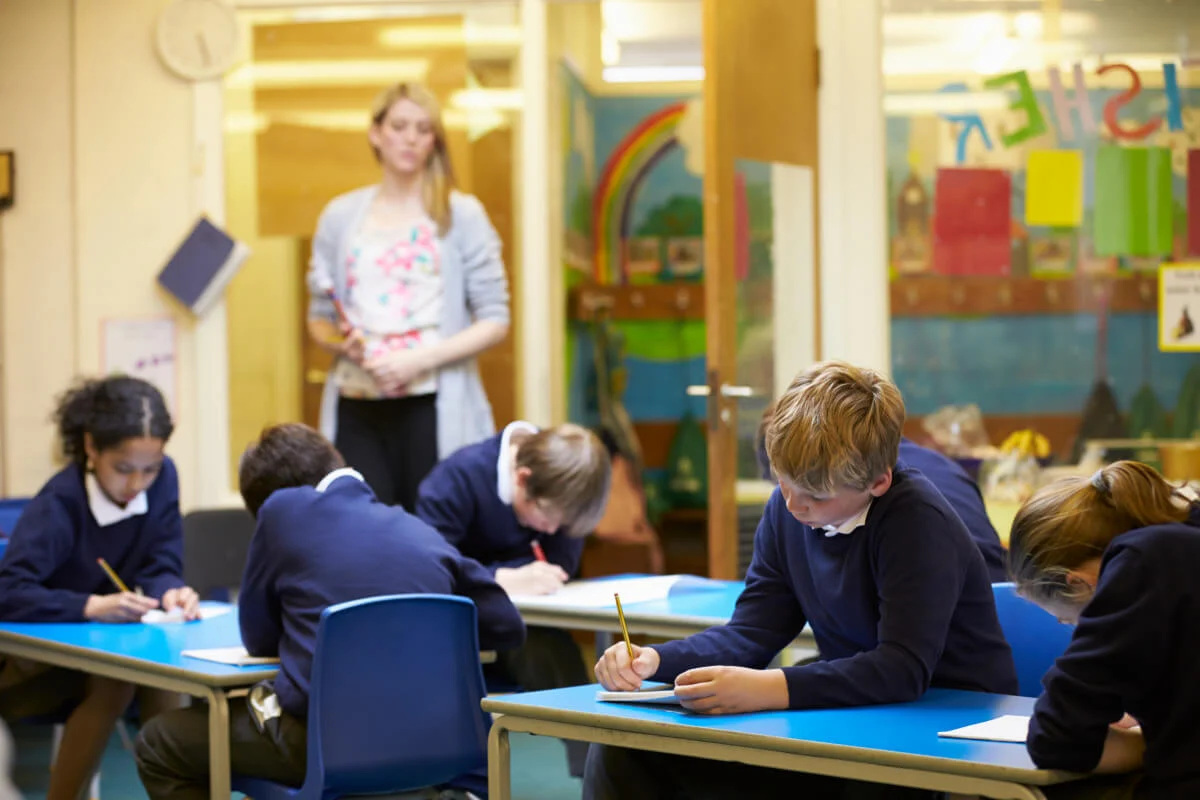FREE DEMO
Tutoring For Children With Dyscalculia
Tutoring For Children With Dyscalculia
Learning Difficulties Tutoring from $29/wk*


